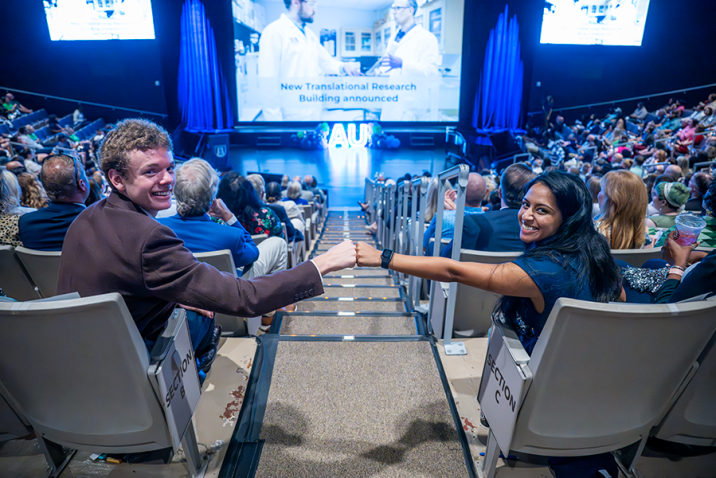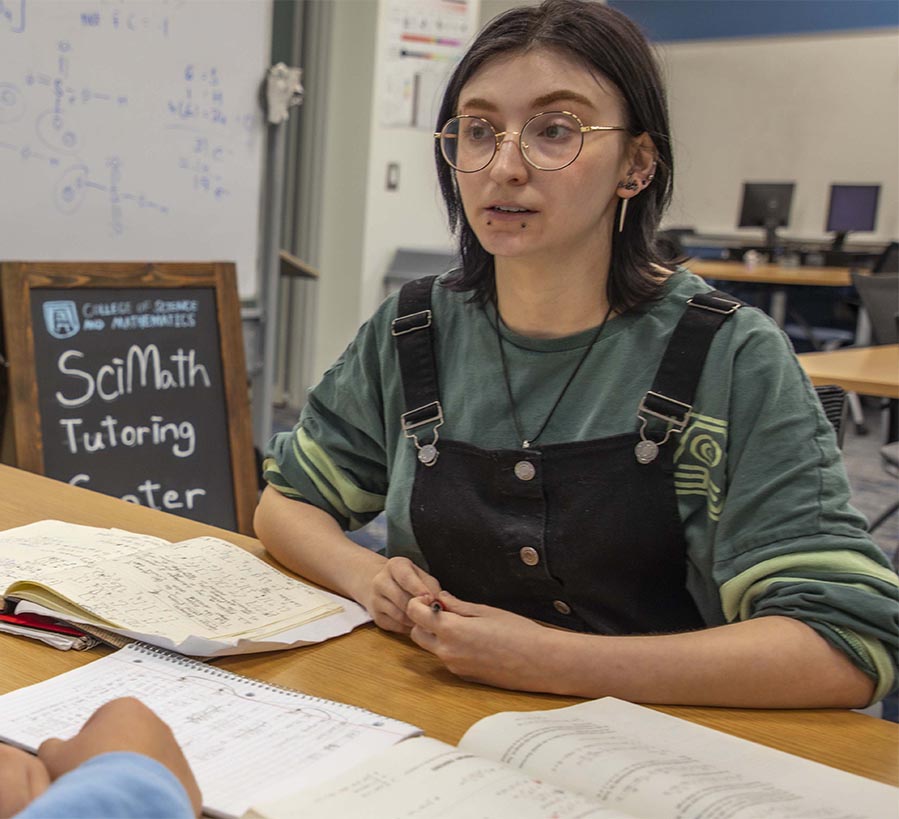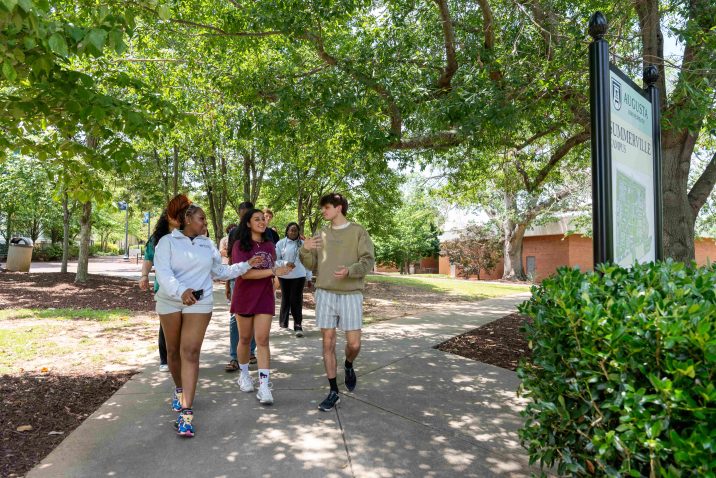Biological and Computational Mathematics
With a Master of Science in Biological and Computational Mathematics, you’ll learn to apply a variety of methods to construct mathematical models, and you will learn how to solve real-world problems.
A master of science in Biological and Computational Math prepares graduates for jobs in industry — especially in the biological and health sciences — or to enter Ph.D. programs in Applied Mathematics.
By choosing to earn your Master of Science in Biological and Computational Mathematics from Augusta University’s College of Science and Mathematics, you’ll enter a flexible program of study with accessible faculty, research opportunities, and you will be eligible for an assistantship. Assistantships include a stipend and a tuition waiver. Select students in the second year of the program may be eligible to teach introductory classes as part of their assistantship duties – students who teach receive an increase in their stipend.
Biological and Computational Mathematics is for you if you consider yourself
Life-Changing
Life-Saving
Education
Want to learn more about the Biological and Computational Mathematics program at Augusta University?
Request InfoWhat You'll Study
Coursework
The program of study for the Master of Science with a major in Biological and Computational
Mathematics consists of 36 credit hours of coursework completed over four semesters.
The program includes a research component where students conduct original research
in applied mathematics under the supervision of a faculty member. Graduates of the
program will have a solid foundation in applied mathematics which will prepare them
for careers in industry or further study of applied mathematics in Ph.D. programs.
Curriculum | Admissions Criteria | Tuition and Fees | Application Deadlines



EXPLORE. EXCEL. EXPAND.
Graduate School Advantage
Augusta University's graduate programs are among the best in the nation – and the world – and our graduate students are our most valuable assets. To ensure that our students earn more than a degree, the Graduate School offers a range of opportunities so they can develop the leadership, communication and personal skills needed for a rewarding life and academic, research or professional career.
See what the Graduate School has to offer »
About the Graduate SchoolExperience-based Education
Outside the Classroom
Assistantships and graduate teaching assistantships not only provide financial support,
they give you an opportunity to interact with faculty while providing valuable experience
that expands your classroom understanding.
Because the College of Science and Mathematics is located on Augusta University’s
Health Sciences Campus, you’re studying at the center of the university’s research
enterprise, exposing you to numerous opportunities to interact with researchers and
their projects.
Financial Support
Assistantships and teaching assistantships carrying a tuition waiver and a 10-month stipend provide financial assistance on a competitive basis.
Diverse Faculty
Faculty in the department of mathematics have research interests that lie at the intersection of mathematics and the biomedical fields, thereby giving this program a unique focus.
Personalized Attention
Small classes and highly accessible faculty create a supportive environment that allows students to thrive with their coursework as well as their research.
Research Component
Students engage in a wide range of research in applied mathematics, including mathematical biology, epidemiology, medical imaging and machine learning.
Your Future
Career Options
According to the U.S. Bureau of Labor Statistics, the median pay for Mathematicians and Statisticians is $96,280 annually. The median pay for epidemiologists is $78,830 per year.
Both are projected to rise much faster than the average.
Admissions Criteria at a Glance
GPA: Overall GPA of 3.0 on a 4.0 scale at the Baccalaureate level calculated on all undergraduate work.
Degree Requirement: Minimum of a Bachelor’s degree or equivalent from an accredited college or university.
Transcripts: Official transcripts are required from all universities and colleges ever attended. Unofficial transcripts from US colleges and universities can be used in the admissions review process in lieu of official transcripts for this program.
Standardized Test Requirements: Submission of an official GRE exam score is optional.
Letters of Recommendation: Recommendations from three individuals must be submitted through the application portal.
Prerequisite Coursework: Undergraduate coursework should include three semesters of calculus (differential, integral, multivariable), one semester of linear algebra, and one semester of differential equations. Competitive applicants should also have a semester of either real variables or complex variables, and some knowledge of a programming language.
International Students: Please review the verification process for international transcripts and the english proficiency requirement.
Tuition & Fees Estimate
$2,821*
Estimated total
Full-time / In-State / Per Semester
$236
Tuition Per Hour
$675
Mandatory Fees
View Detailed Program Tuition
*Tuition & Fees listed here are for in-state students enrolling in the university for Fall 2024 semester.
Detailed Program Tuition InformationApplication Deadlines
Fall '26 International Application Deadline
- March 1, 2026
Fall '26 Application Deadline
- June 30, 2026
Early submission of all application materials is strongly advised.
Students seeking assistantship support should complete their applications by March 1.
All required application materials and documents must be received in order for an application to be considered complete and before an admission decision can be made. The program does not accept new applications after June 30, 2024, however the program will continue to accept application materials up to two weeks after the application deadline.
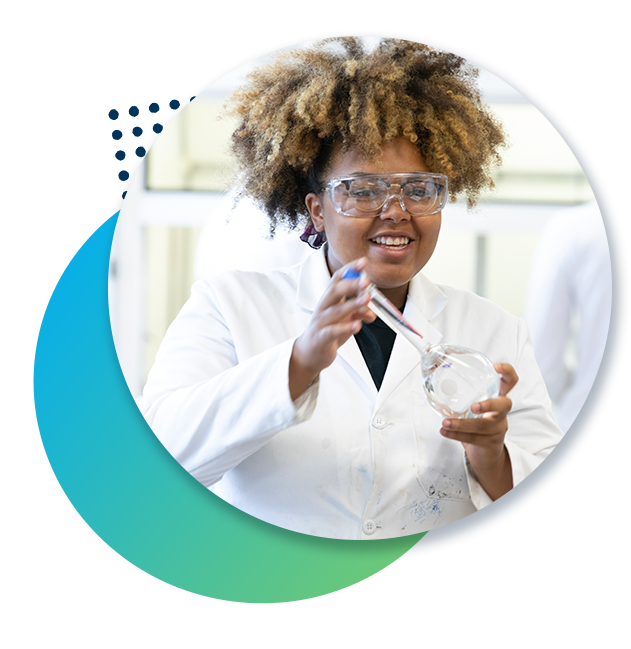
Why Augusta?
Opportunities for financial support through assistantships helps you pursue your degree while providing desirable experience that will benefit you when moving on to your career or a Ph.D. program in applied mathematics.
Being at the heart of the university’s research enterprise puts you in proximity to research being conducted not only by the College of Science and Mathematics, but also the Medical College of Georgia, the Dental College of Georgia, the College of Nursing and the College of Allied Health Sciences.
Small classes and dedicated faculty mean you’ll receive individualized attention.
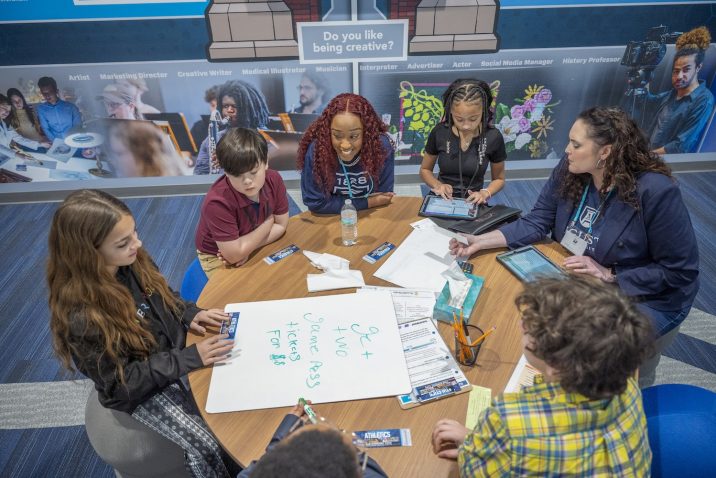
AU earns Carnegie Elective Classification for Community Engagement
AU earns Carnegie Elective Classification for Community Engagement